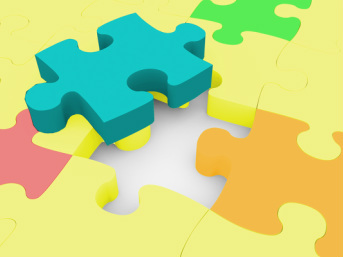How can Neurofeedback help Autism Spectrum Disorder & Asperger's Disorder?

Individuals with Autism and Asperger's typically have overaroused nervous systems. Neurofeedback helps by encouraging the brain, and thus the nervous system itself, to achieve calmer, more efficient states. Once the brain has learned these skills, it will want to use them every day. This helps them attention better, have fewer meltdowns and temper tantrums, sleep better, and wake up better.
Neurofeedback is non-invasive and complements other therapies, such as ABA, play therapy, and parent coaching. We offer free consultations to discuss the process and any questions you might have. Check out this video What is Neurofeedback?
Neurofeedback is non-invasive and complements other therapies, such as ABA, play therapy, and parent coaching. We offer free consultations to discuss the process and any questions you might have. Check out this video What is Neurofeedback?
Want more information on Autism Spectrum Disorders?
Check out the links below
Check out the links below
Autism Spectrum Disorder
Asperger's Syndrome
Asperger's Syndrome
Proposed Revision of Asperger's Disorder for DSM-V
Top 100 Asperger's Websites of 2011
Proposed Revision of Asperger's Disorder for DSM-V
Top 100 Asperger's Websites of 2011
PDD-NOS
Rett Syndrome
Childhood Disintegrative Disorder
Sensory Processing Disorder (SPD)
NOTE: SPD is not included in the current Diagnostic and Statistical Manual.
However, at present it is Sensory Processing Disorder is "under review" to be included in the DSM-V next year.
SPD Foundation: About SPD
[Is Sensory Processing Disorder] The Next Attention Deficit Disorder?
However, at present it is Sensory Processing Disorder is "under review" to be included in the DSM-V next year.
SPD Foundation: About SPD
[Is Sensory Processing Disorder] The Next Attention Deficit Disorder?